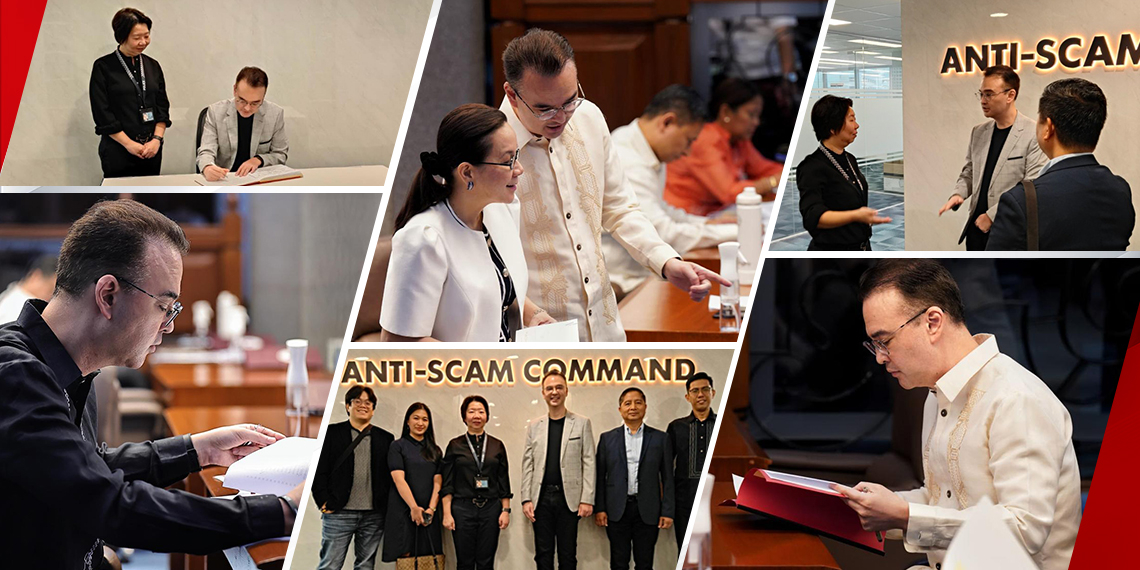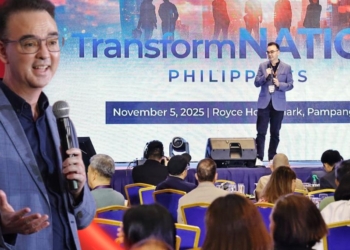Drawing inspiration from Singapore’s stringent anti-scam protocols, Senator Alan Peter Cayetano is pushing for more enhanced anti-scam mechanisms in the proposed Anti-Financial Account Scamming Act (AFASA), a bill sponsored by Senator Mark Villar.
This initiative follows the Senate’s examination of the AFASA bill, which aims to combat the surge in crimes involving banks, e-wallets, and other financial institutions.
The AFASA bill will allow the Bangko Sentral ng Pilipinas (BSP) to examine financial accounts involved in prohibited acts, heralding a substantial change that will ease the Bank Secrecy Law. It also empowers responsible institutions to temporarily hold funds subject to suspicious transactions.
Cayetano, who is currently serving as the Senate Chair for the Science and Technology Committee, raised the alarm on “digital highway robbery” last year to emphasize the vulnerability of accessing data on the internet.
“Ang digital highway ang ating problema. Maraming may akala na noong pinasa natin ang SIM card registration, mababawasan na nang husto ang mga nanloloko. Pero as you have seen, the digital way of extorting money, scams, and schemes is only one way,” he said.
Cayetano has consistently advocated for anti-corruption measures within the government. In 2016, alongside his then running-mate former President Rodrigo Duterte, the senator advocated for the lifting of the Bank Secrecy Law to deter public officials from embezzling government funds.
“Bolder solutions are needed to end this disorder,” Cayetano said in an interview.
Dedicated to addressing corruption and financial crimes in the country, Cayetano visited the Anti-Scam Centre of the Singapore Police Force on March 6, 2024.
The Anti-Scam Command (ASCom) of Singapore, which became operational on March 22, 2022, seeks to improve collaboration among different units dedicated to combating scams within the Singapore Police Force (SPF).
It consolidates efforts in scam investigation, incident response, intervention, enforcement, and analytical capabilities, all coordinated under one entity.
Cayetano described the visit as an opportunity to gain insights into the Centre’s frameworks and operations, with the goal of strengthening anti-scam mechanisms in the Philippines.
“Napakadelikado ng hacking for many reasons. It can destroy established institutions and systems that keep the country running. If we don’t solve [scamming and hacking], magkakaroon ng mas sinister [na mangyayari] at patuloy ang breaches in our cybersecurity,” he said.






